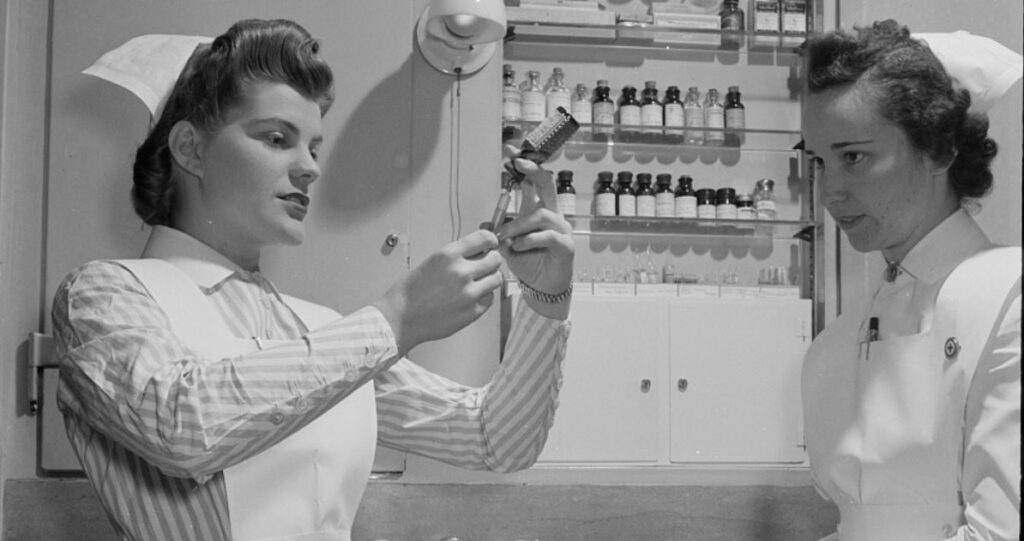I am enthusiastically pro-vaccination. PLEASE GET VACCINATED!

The very short version of my policy on these cases is this:
Unless you have a documented medical reason to not be vaccinated, I will not assist you in avoiding vaccination mandates.
In more detail:
Absent some statutory protection of which I am not aware, employers both public and private have the legal right to mandate vaccination as a condition of employment.
YES. THEY. DO.
And I do not want to argue with you about it. If you think I’m wrong, please feel free to look for a different lawyer to assist you in the presentation of your claim.
As I read the law, a mandatory vaccination policy violates no anti-discrimination law nor any legal privacy protection of which I am aware. This is not just my opinion: here is a link to the EEOC’s website offering detailed guidance about vaccine mandates and anti-discrimination law. The Constitution, similarly, is not implicated by a private employer imposing a vaccination mandate at all (the Constitution does not apply to private entities), and there is no case law that I am aware of that prohibits a public employer from doing the same thing if a reasonable legislator could believe (as they can and do in every state of the nation) that vaccinations plausibly might advance a legitimate governmental interest, such as minimizing the effects of COVID on public employees and their families.
Nor does it implicate HIPAA, the Health Insurance Portability and Accountability Act of 1996. HIPAA does not provide sweeping privacy protections for all medical information as against all entities and individuals, as some imagine (or hope) that it does. It relates principally to people whose jobs inherently involve having access to medical information, who are mostly found employed by medical insurance companies. There are other privacy laws that potentially apply within the workplace, but HIPAA basically only applies to insurers and their agents. Most importantly, if you are going to claim a medical exemption, the ADA and its state law cognates have very specific rules about what employers can inquire about as part of the interactive process. It generally doesn’t work out well for the employee to be cagey about these.
If you are one of the roughly .001% of people who have a physiological condition such as an autoimmune disorder or a past history of anaphylaxis with other vaccines, such that you are a medically unsuitable candidate for vaccination, I will assist you with an interactive process with your employer, IF you have documentation from a reputable M.D. or D.O. that you have such a condition. If that describes you, you may wish to consult THIS website to start thinking about what reasonable alternatives to vaccination might exist consistent with your medical condition and the essential functions of your job. But without such medical documentation already in hand, I will not assist you in seeking to avoid an employer’s vaccination mandate.
If you want to present a claim for a religious exemption, I’m sorry, but I’ve made a business decision to not take on work of that nature. That doesn’t mean I don’t respect your religious beliefs, and it is not a reflection of my opinion of the merits of your claim. Some employers have chosen to provide religious exceptions to vaccination mandates and that’s up to them. I have chosen to not be involved in those kinds of cases. It’s a decision I made independent of any individual case.
If you want to sue for wrongful termination, discrimination, or other similar kinds of claims because your employer has announced a vaccination mandate or terminated you for not meeting a mandate, I’ll suggest you find a different lawyer to assist you with those claims. Perhaps we might work together on something else in the future. Should you wish to present a challenge to the government, at any level, to vaccination or masking madates, once again, you should seek a different lawyer to assist you with those claims. There are plenty of lawyers who feel differently about this issue than I do.
So too with masking.
If you have not done so already, please get vaccinated at your earliest opportunity, and please keep your vaccinations updated. We’re all counting on you!
(Updated since original publication.)
Images taken from public domain collections at the U.S. Library of Congress, including: Preparing the arm for the injection of Typhoid Vaccine, at https://www.loc.gov/resource/anrc.04089/; Nurse administers hypodermic to wife of farm worker who lives at the FSA (Farm Security Administration) migratory labor camp mobile unit, at https://www.loc.gov/item/2017789333/; and A graduate nurse (right) watches student Susan Petty prepare a hypodermic for a patient, at https://www.loc.gov/item/2017694542/.

